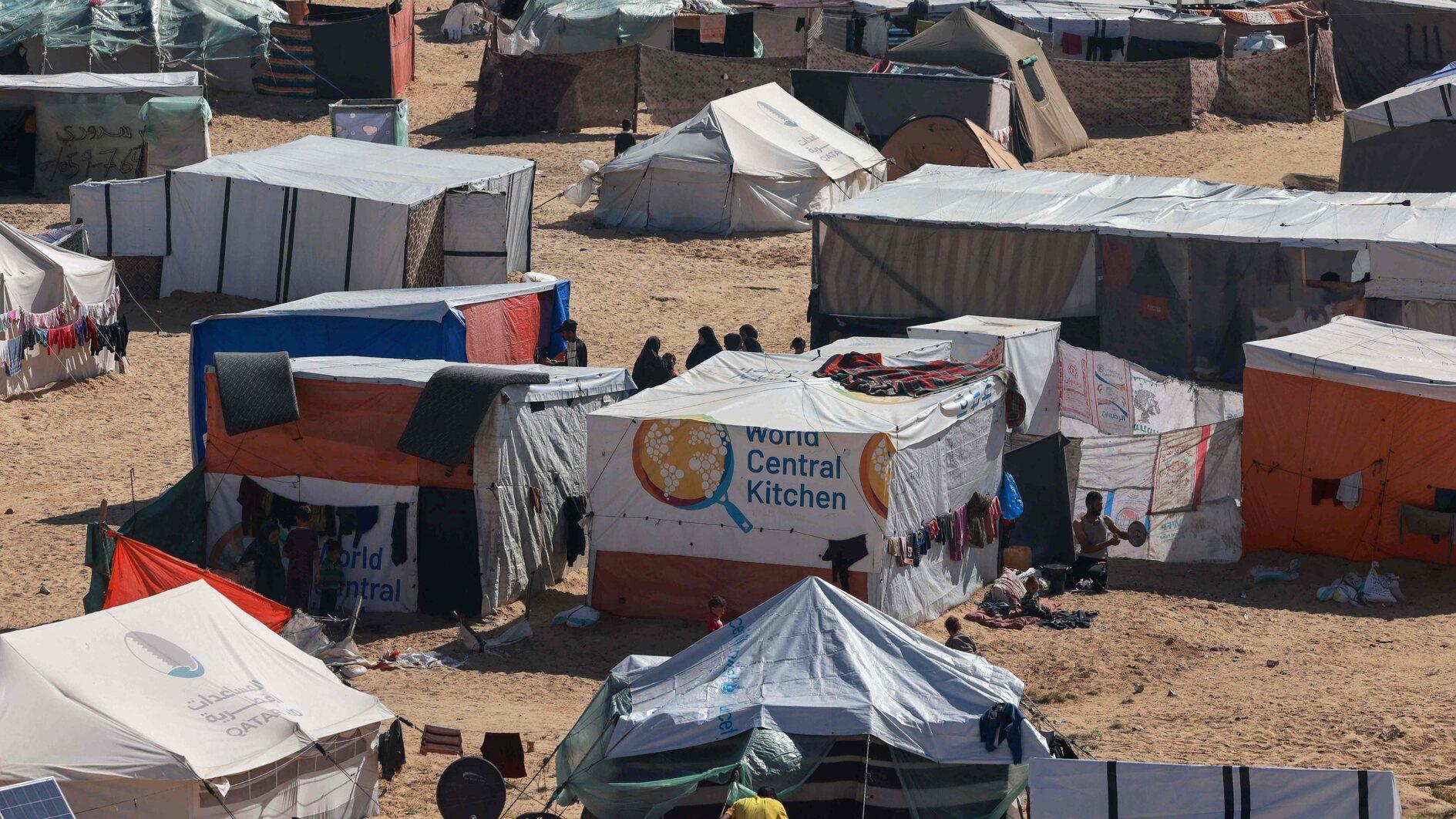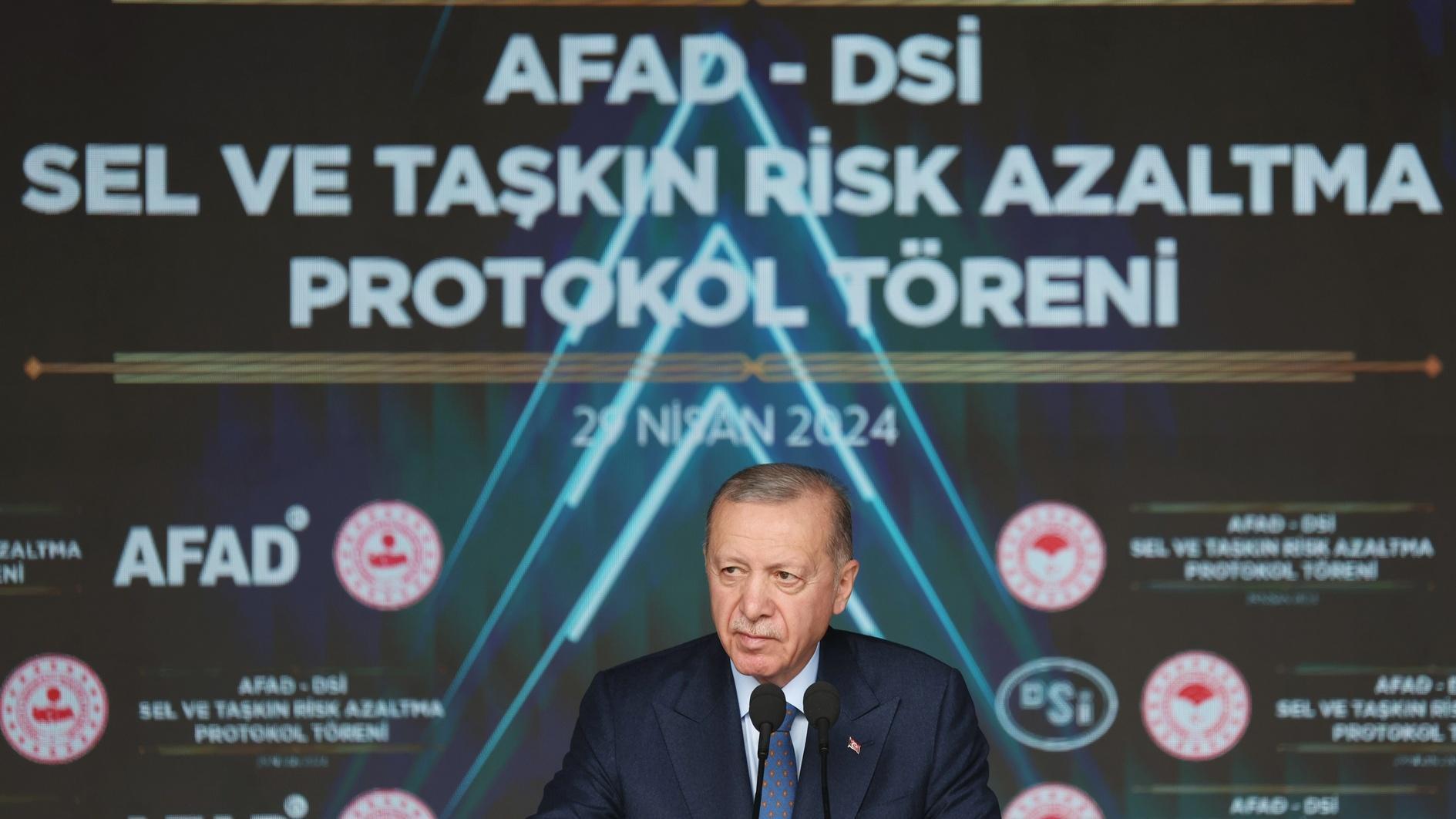The Uzbek enigma
JOSHUA KUCERA
There is perhaps no country on earth surrounded by more difficult neighbours than Afghanistan. When the US wants to ship materiel to its troops there, it can’t go through Tajikistan because the roads are so poor; it can’t go through Turkmenistan because that country maintains an isolationist neutrality; and, for obvious reasons, it can’t go through Iran.Until November 26, the US military shipped about a third of its supplies through Pakistan, but after an American attack killed 24 Pakistani soldiers, the country cut off NATO’s access to the border. The US military ships another third of its cargo to Afghanistan by air, but that costs so much more than shipping by land. That leaves Uzbekistan.
Ruled since the Soviet era by President Islam Karimov, it is the fifth-most corrupt country in the world, according to Transparency International, and in Freedom House’s rankings of political and civil freedoms it is tied for last.
“The challenge for the U.S. is to strike a balance between its short-term, war-fighting needs and long-term interests in promoting a stable, prosperous and democratic Central Asia,” John Kerry wrote in the introduction to a report released on December 19 by the Senate Committee on Foreign Relations entitled “Central Asia and the Transition in Afghanistan.”
This is a difficult needle to thread, but Washington has so far largely succeeded. The US has kept the supply lines running while compromising little on its principles. The yearly State Department human rights reports have remained consistently critical, even as military cooperation has blossomed.
But this balance is difficult to maintain, and lately there have been signs that America may be wavering. The defence budget authorisation act passed on December 15 by Congress removed restrictions on military aid to Uzbekistan that had been in place since 2004 because of the country’s odious human rights record. Asked about that decision, Secretary of State Hillary Clinton said there had been “progress” on human rights and political freedoms, which, while not a realistic assessment of the situation, technically speaking is true. The Kerry report makes the same claim and as evidence reaches back nearly four years to note only one such bit of progress: that the government began allowing the Red Cross to visit prisoners in 2008. But the overall picture is grim, and, if anything, getting worse.
Wikileaked cables reporting on US negotiations with Karimov over the past few years reveal a president who doesn’t seem to care much about how the US sees his government, but just doesn’t want what he calls American “pressure and diktats” to reform.
Though the US has consistently hectored Uzbekistan on human rights over the past two decades, the country has become more oppressive.
There is no question that as long as the US is in Afghanistan, it will need to engage with Uzbekistan. But how it chooses to engage can make all the difference. “Achieving our security goals and promoting good governance and human rights are not mutually exclusive,” the Kerry report says. “In fact, security and political engagement are complementary strategies that are more likely to be effective when pursued together.”
The report doesn’t back up that assertion, and in the case of Uzbekistan it plainly isn’t true. No sort of political engagement will work, and the irony is that the more US officials believe it, the more likely they are to compromise their principles. In this case, saying nothing may be the best way for the US to stay true to what it believes.
Joshua Kucera is a freelance reporter based in Washington who writes frequently on Central Asia. This abridged article originally appeared on Khaleejtimes online.











